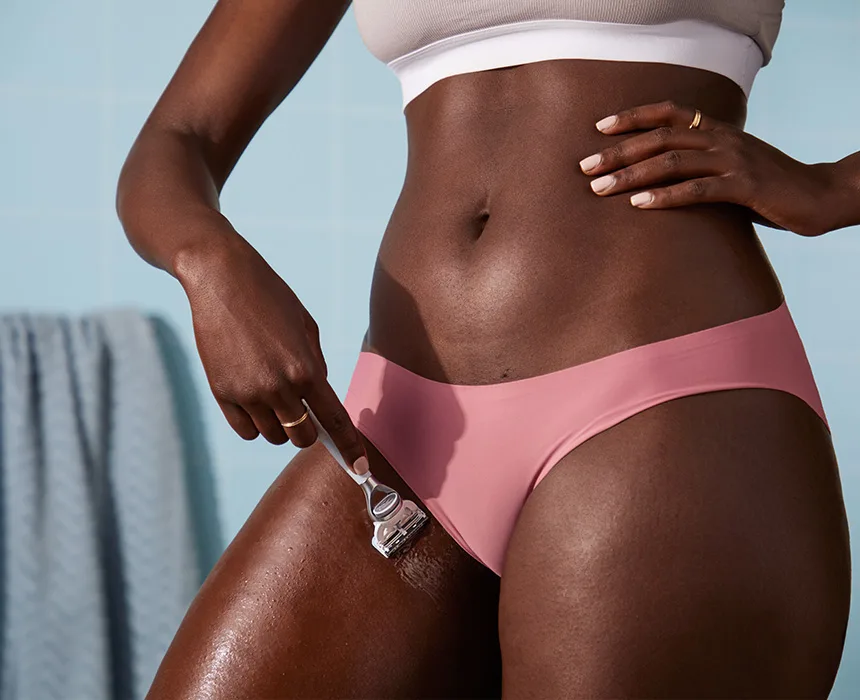Knowing how to remove pubic hair properly reduces chances of skin irritation. Learn essential tips for successfully removing pubic hair to better protect your skin. Since the skin around the pubic area is sensitive, and the hair is thick and coarse, you have to be extra cautious when removing pubic hair to prevent skin irritation. Below are essential pubic hair removal tips to keep in mind to safeguard your skin. And, if you’re just interested in just shaving around the bikini line, click here to learn how to do it properly.






